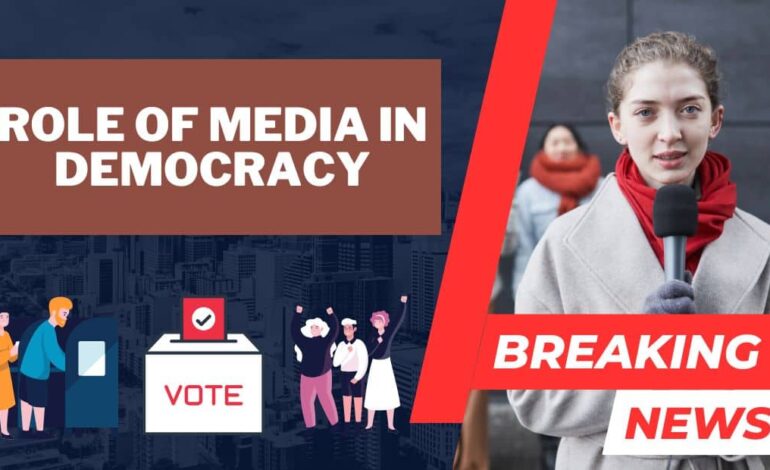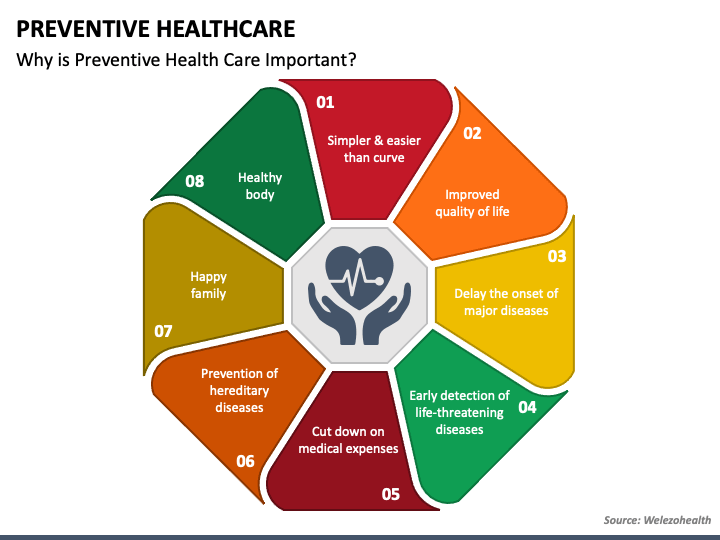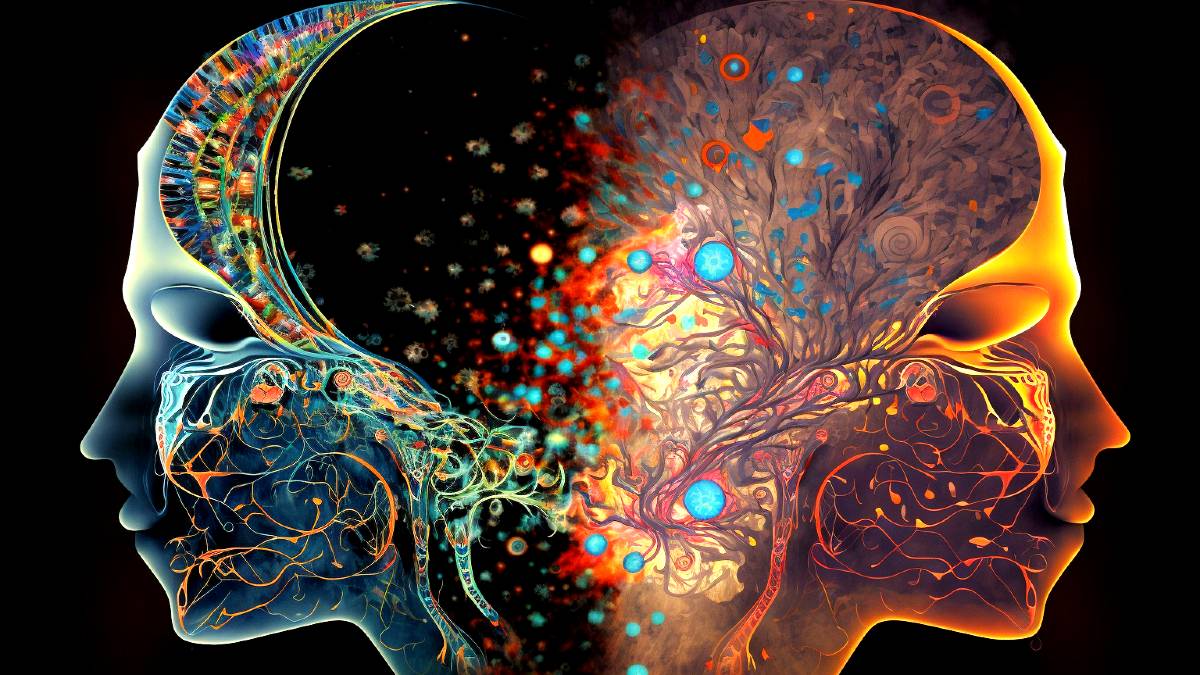Media’s Vital Role in Democracy

“`html
The Vital Role of Media in a Thriving Democracy
Democracy, at its heart, is about informed citizens making educated decisions. It’s a system built on participation, accountability, and the free exchange of ideas. And underpinning all of this? The media. In modern democracy, the role of media isn’t just important; it’s absolutely essential for healthy functioning. This post will delve into the multifaceted ways media shapes our understanding of politics, holds power accountable, and ultimately influences the direction of society.
The Media as a Watchdog: Holding Power Accountable
Perhaps the most well-recognized role of the media is that of a watchdog – scrutinizing government actions, investigating corruption, and exposing wrongdoing. A free press acts as a vital check on power, preventing abuses and ensuring transparency. Without this oversight, democratic processes can easily be undermined by unchecked authority.
Historically, investigative journalism has been pivotal in uncovering scandals and prompting reforms. Think of the Watergate scandal, brought to light through relentless reporting that ultimately led to resignations and legal proceedings. More recently, media outlets have played a crucial role in exposing political corruption, environmental violations, and corporate malfeasance. This isn’t always comfortable; holding power accountable often means facing opposition and even threats – but it is undeniably vital for maintaining public trust.
Informing the Public: Providing Context and Analysis
Beyond simply reporting facts, media has a responsibility to provide context and analysis. Raw information alone isn’t enough for citizens to make informed decisions. They need to understand why something is happening, what the potential consequences are, and how different viewpoints on an issue compare.
Good journalism doesn’t just report *that* a bill was passed; it explains *what* the bill does, who supports it and why, who opposes it and why, and its potential impact on various segments of society. This requires in-depth reporting, expert interviews, and thoughtful analysis – all crucial for a well-informed electorate.

Facilitating Dialogue and Debate
A healthy democracy thrives on robust debate and the open exchange of ideas. Media platforms provide forums for these discussions to take place, allowing different perspectives to be aired and challenged. From town hall meetings broadcasted on television to online comment sections, media creates spaces where citizens can engage with each other and grapple with complex issues.
However, it’s important to note that the nature of this dialogue has changed dramatically with the rise of social media. While offering unprecedented opportunities for participation, these platforms also present challenges related to echo chambers, misinformation, and polarization – which we’ll discuss further down.
The Challenges Facing Media in the Digital Age
While the role of media remains paramount, it faces unprecedented challenges in the digital age. The rise of social media, the decline of traditional news outlets, and the spread of “fake news” have all created a complex landscape that threatens the integrity of democratic discourse.
The Rise of Social Media & Echo Chambers
Social media platforms offer incredible opportunities for connection and information sharing but also create “echo chambers” where users are primarily exposed to viewpoints that reinforce their existing beliefs. This can lead to polarization, a lack of understanding between different groups, and an unwillingness to engage with opposing perspectives.
Misinformation & “Fake News”
The ease with which information can be created and disseminated online has unfortunately facilitated the spread of misinformation and “fake news.” False or misleading stories can go viral rapidly, influencing public opinion and potentially undermining democratic processes. It’s become increasingly important for citizens to critically evaluate sources and develop media literacy skills.
Decline of Traditional News Outlets & Economic Pressures
The shift towards online advertising has significantly impacted the financial stability of traditional news outlets. This can lead to budget cuts, layoffs, and a decline in investigative reporting – weakening the watchdog function of the press. The pressure to generate clicks and revenue can also incentivize sensationalism over substantive reporting.
Adapting to the New Landscape: Reimagining Media’s Role
Despite these challenges, there is reason for optimism. Efforts are underway to address the problems facing media and strengthen its role in democracy. These include:
- Supporting Quality Journalism: Funding models that support independent journalism, such as non-profit news organizations and public broadcasting, are crucial.
- Promoting Media Literacy: Educating citizens on how to critically evaluate information sources, identify bias, and recognize misinformation is essential.
- Combating Disinformation: Fact-checking initiatives and platform policies aimed at limiting the spread of false information can help mitigate its impact.
- Encouraging Diverse Voices: Promoting diversity in media ownership and representation ensures that a wider range of perspectives are included in public discourse.
Conclusion: A Shared Responsibility
The health of our democracy depends on a well-informed citizenry and a vibrant, independent media landscape. The challenges facing media today are significant, but they are not insurmountable. It’s a shared responsibility – for journalists to uphold ethical standards, for platforms to combat misinformation, and for citizens to be critical consumers of information. By working together, we can ensure that the media continues to play its vital role in safeguarding democracy.
“`



